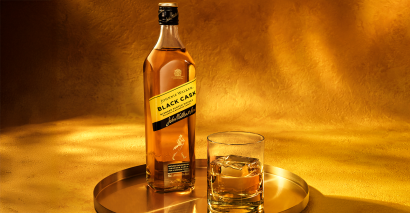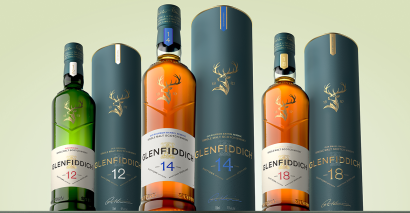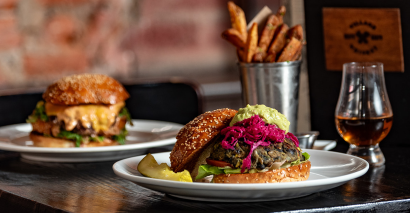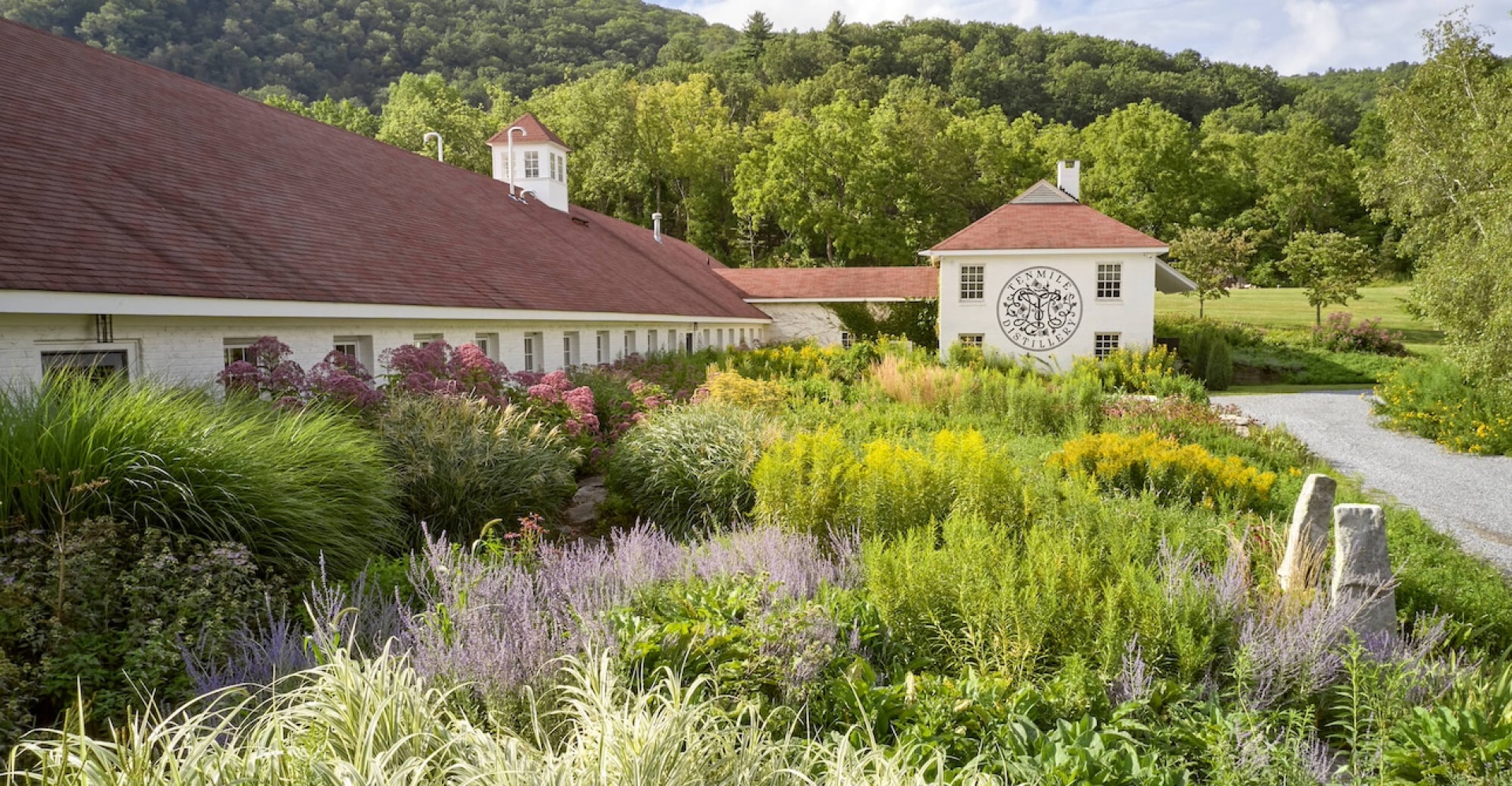
Whisky Road Trip: Making Single Malt, Two Hours North of New York City
August 1, 2024 –––––– Julia Higgins
On a dreary, rain-slicked day, the grounds of Tenmile Distillery feel more like Scotland than Wassaic, New York, a hamlet of only 210 people that’s tucked away on the eastern edge of the Hudson Valley, just two hours north of New York City. The distillery, which filled its first barrels in January 2020, sits on 70 acres of lush green farmland, surrounded by temperate forests and rolling hills. In a previous life, it was the site of a dairy farm; the single-story white brick stillhouse and barrel warehouse are well-preserved remnants of the farm, with four stills—two pot stills, a column still, and a custom gin still—now located within the century-old dairy barn, and the barrel house (set up in dunnage style) was once used as a cow barn and mill. Altogether, the picturesque setting calls to mind a Highlands distillery, but the Scottish influence doesn’t stop at the exterior—the mash tun and stills were custom-built by Scotland-based still maker Forsyths, and the master distiller, Shane Fraser, is a Scottish import himself, having spent a cumulative three decades at Oban, Royal Lochnagar, Glenfarclas, and Wolfburn Distilleries.
If you’re in New York City, the trip to Tenmile is a far simpler proposition than hopping on a plane and heading across the pond—one need only go to Grand Central Station and board the Metro-North Railroad, and just over two hours later, it’ll deposit you directly across the street from the distillery at the Wassaic station (roundtrip tickets go from $42-$57, depending on the day and hour of travel). By car, the trip is even shorter, with the 80-plus miles coming out to 1 hour and 45 minutes (without harsh city traffic, that is). That puts the distillery in range of Hillrock Estate, its neighbor to the north that likewise produces small batch American single malt, in addition to solera-aged bourbon and a double cask rye. Hillrock opened its doors in 2011, making it an earlier adopter of Hudson Valley single malt; there, however, its owners looked beyond the region, choosing to import Speyside peat to smoke their barley.
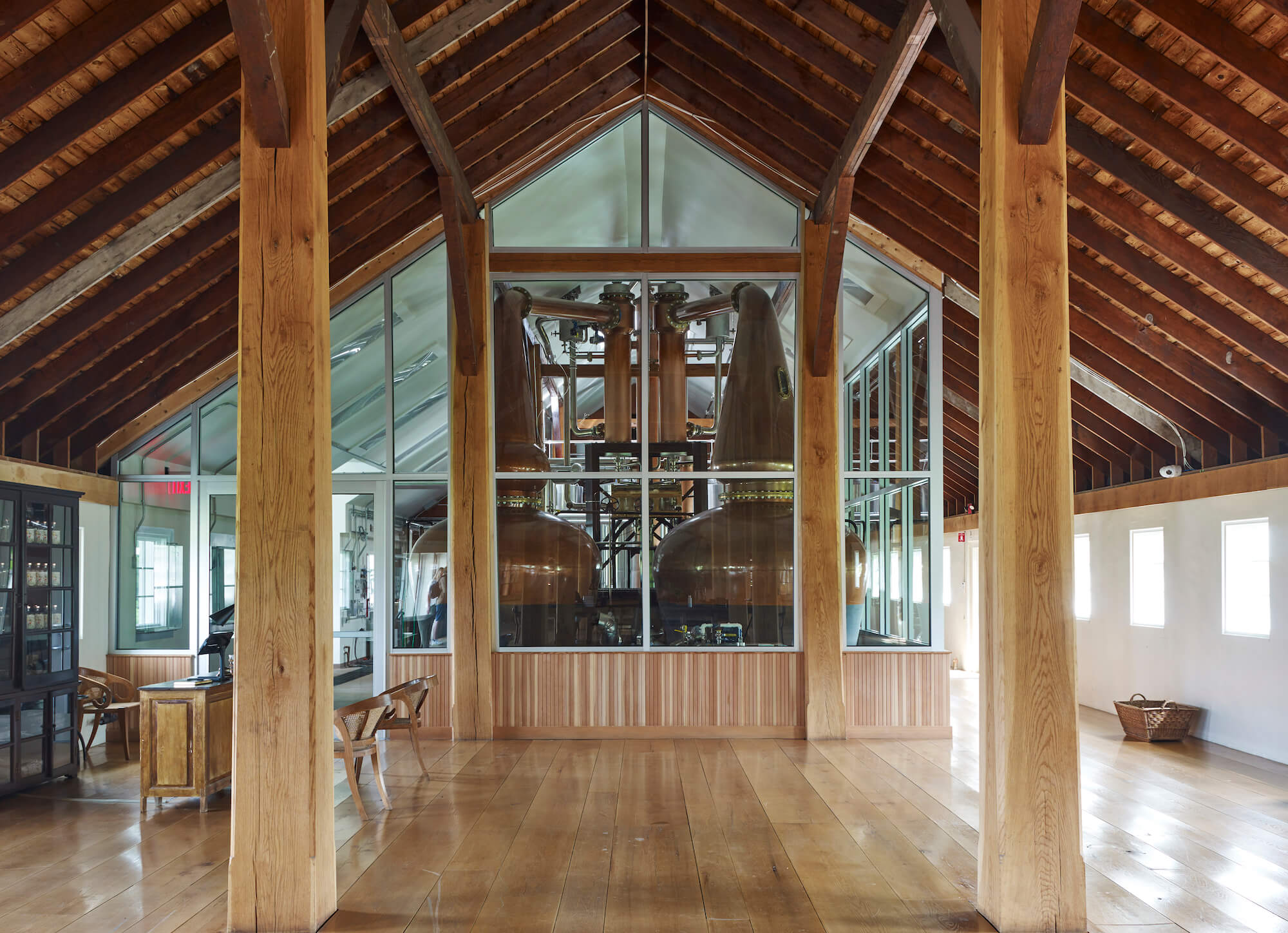
But why invoke Scotland? Both owner John Dyson and his son-in-law, Joel LeVangia—who is also Tenmile’s general manager—are ardent single malt scotch fans, and Dyson, while a born-and-bred New Yorker, is of Scottish descent. Dyson has industry experience aplenty as well; before trying his hand at whiskey, he was the owner of Millbrook Vineyards and Winery in Millbrook, New York, Williams Selyem Winery in California’s Russian River Valley, and Villa Pillo in Tuscany. Together, the pair partnered together for the distillery, with the goal of marrying traditional Scottish whisky making with an American concept that was rooted in place. “Everything involved in the creation of Tenmile and its whiskeys is either traditionally Scottish, or extremely local—we get our barley from local farmers, we work with a local maltster, and we’re collaborating with Cornell on new barley varieties,” says LeVangia. “We took a family with Scottish roots that’s been in a specific place [New York] for a long time, and merged the two together.”
Tenmile released its first whiskey, Little Rest Original, in 2023, a 3 year old single malt aged in a combination of bourbon, oloroso sherry, and pinot noir casks from Williams Selyem Winery. The whiskey’s name represents a bit of local color: There’s a steep hill near the distillery that, way back when, required an extra horse to pull a full cart uphill. Upon reaching the top of the hill, the horses and drivers had themselves a “little rest.” Little Rest Original was followed up later that year by Little Rest Classic, another 3 year old single malt, though this one was matured exclusively in bourbon and pinot noir casks. Since then, more limited Little Rest whiskeys (or perhaps the apt phrasing is even more limited, as the distillery’s initial runs were restricted to several thousand bottles) have come out, among them a variety of barrel finishes—Bourbon Cask, Pinot Noir Cask, Port Cask, Oloroso Sherry Cask, and Double Matured, which was first aged in bourbon barrels, then finished in sherry hogsheads. While the majority of releases remain at 3 years old, LeVangia says the goal is to slowly and steadily increase the age statement on each bottle, eventually reaching the 8 to 12 year sweet spot that governs younger scotch single malts.
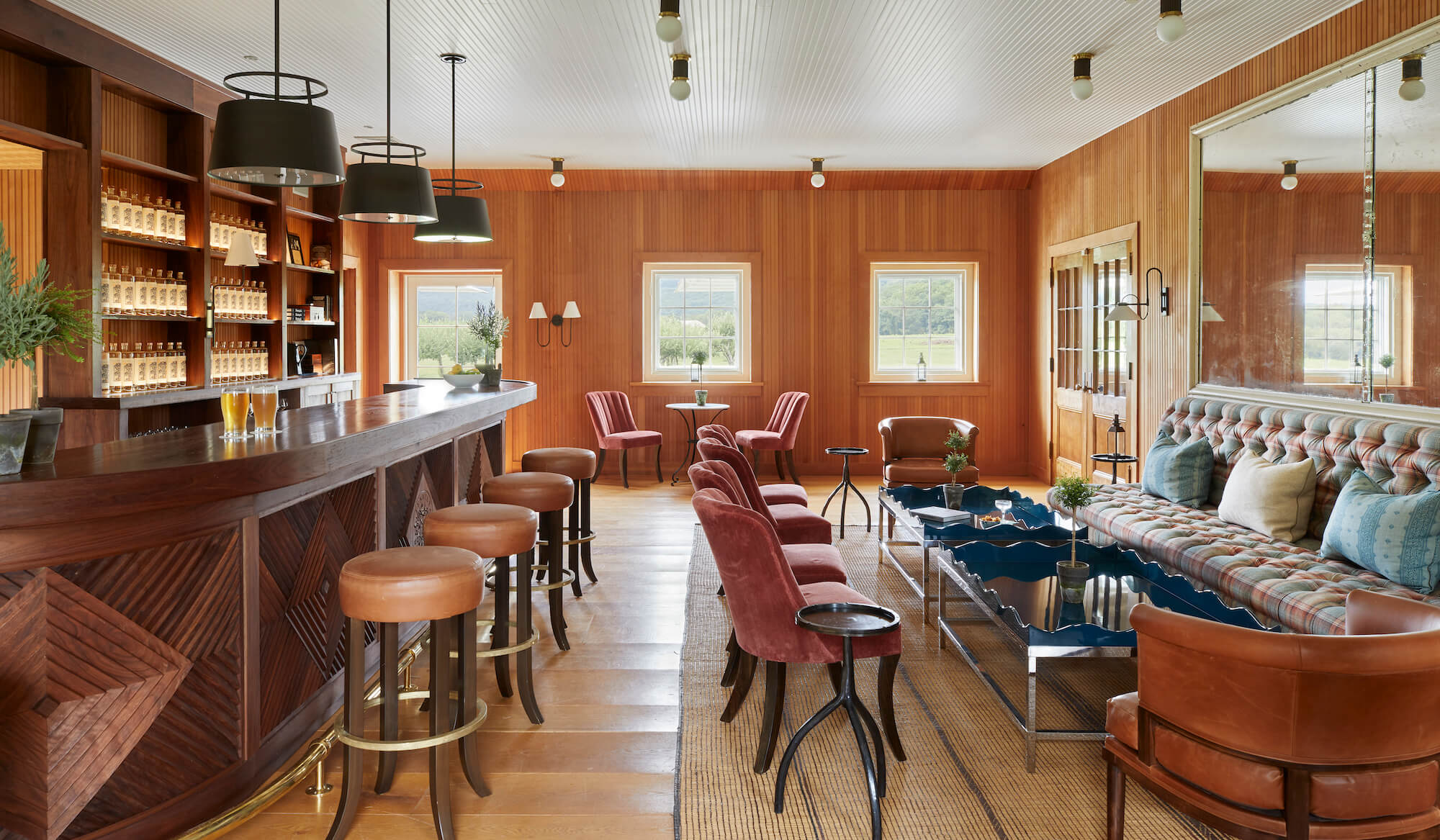
Even as Tenmile embraces single malt scotch traditions, Fraser has the freedom to riff on the usual standards, and he does so from the jump, extending fermentation for every whiskey out to nearly 160 hours. “We’re fermenting for almost a week, which is three times longer than Scotland, as we’re under no pressure to make a certain amount of whiskey in a year,” Fraser explains. “That longer fermentation gives us lovely flavors in the distiller’s beer, like mango and pineapple.” Tenmile's production is also unique in that its lyne arms (the part of the still that connects the still head to the condenser) are curved upward; Fraser estimates that only around 5% of distilleries in the world have upward-sloping lyne arms, which ultimately result in lighter, less oily spirits.
Given the limited amount of Tenmile whiskey currently in circulation, visiting the distillery gives whisky fans an opportunity to better experience the breadth of the distillery’s range and buy its whiskey wares (which are priced from $100 to $235), some of which are relegated exclusively to the distillery’s tasting room (an elegant space that’s well worth dropping by, as it serves up a variety of bespoke cocktails in addition to neat pours, as well as Listening Rock gin and Sinpatch vodka). On Thursdays through Sundays during the spring, summer, and fall, the distillery hosts high-end food truck Westerly Canteen in its backyard orchard; much like the distillery, Westerly is focused on farm-to-table fare, with all of its ingredients coming from New York, Connecticut, Massachusetts, or Rhode Island. Tours are available Thursday through Sunday at 12 p.m., 2 p.m., and 4 p.m. A standard tour is about an hour long, and free, but tours with Fraser are also available for $50.


